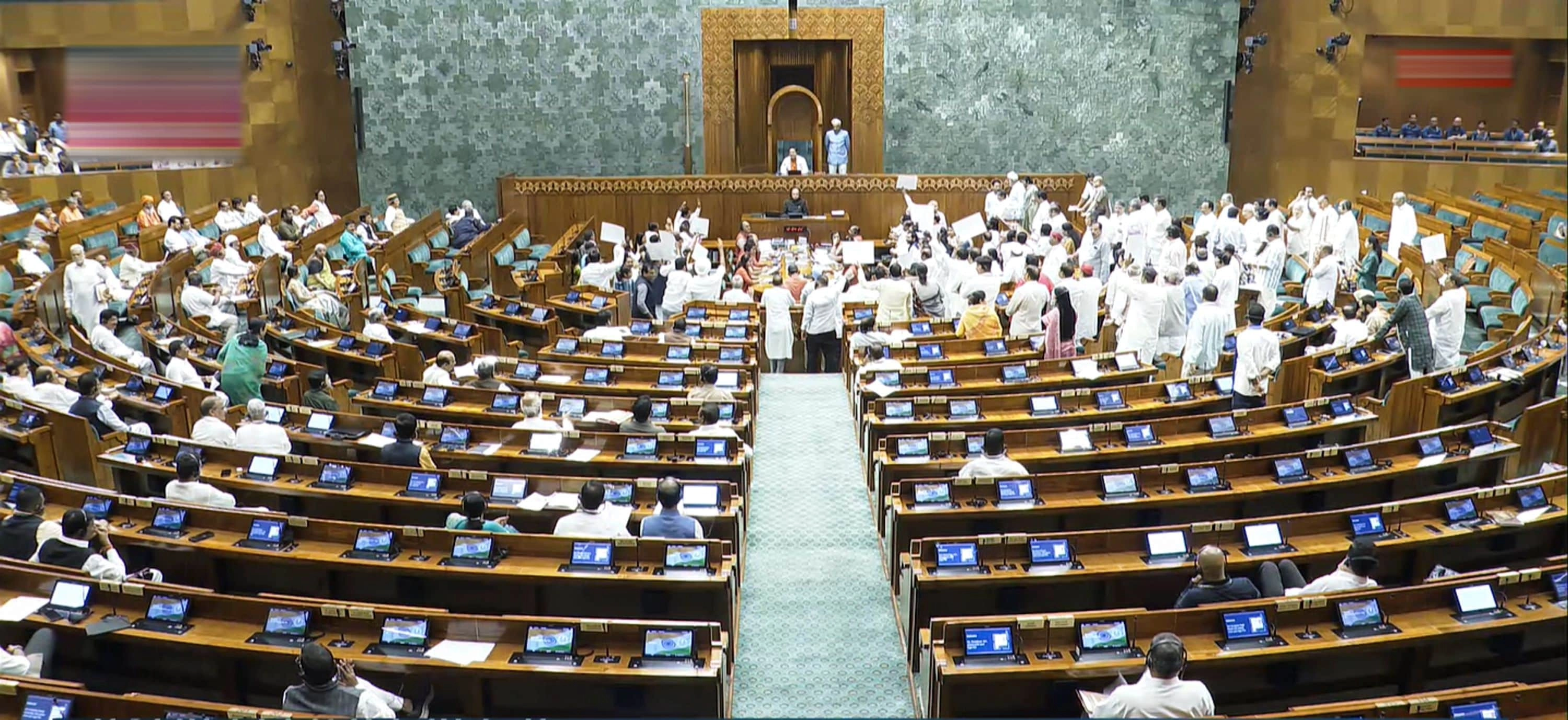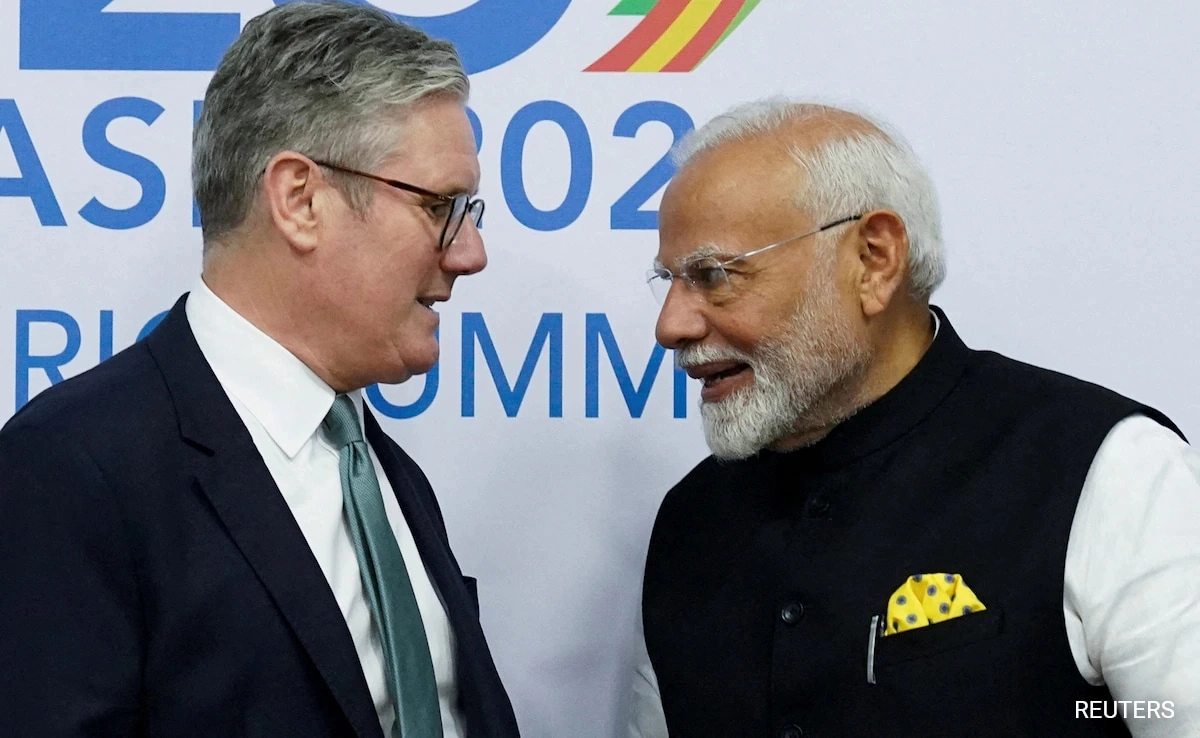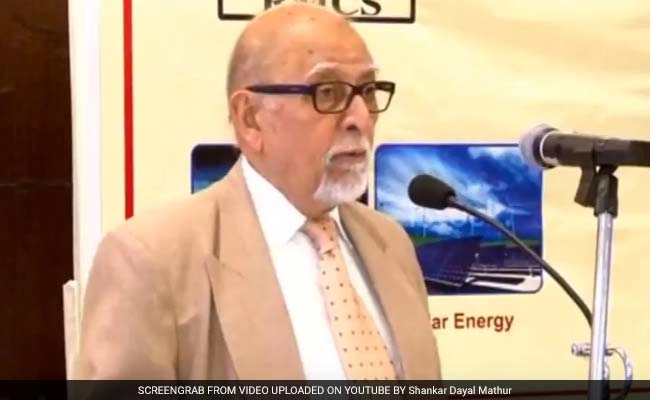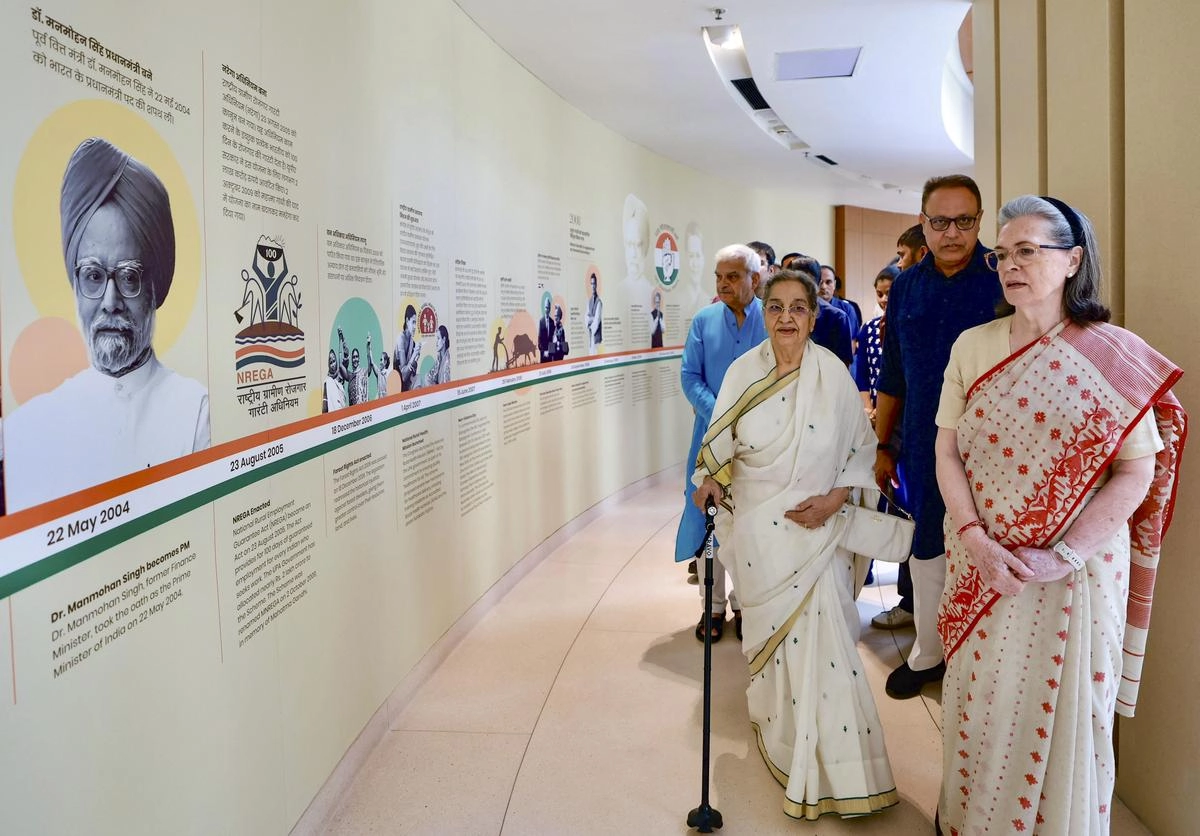On Day 17 of the Parliament’s Monsoon Session, significant developments unfolded as leaders from the INDIA Bloc staged a protest, leading to the adjournment of both the Lok Sabha and the Rajya Sabha. The demonstration highlighted ongoing tensions and dissatisfaction among opposition parties regarding various issues, including demands for discussions on pressing national matters. The protest underscores the growing divide between the ruling party and the opposition, as they grapple with differing perspectives on governance and accountability.
The INDIA Bloc, which comprises several opposition parties, has been vocal in its criticism of the government’s handling of critical issues ranging from economic challenges to social justice. Their protests reflect a strategy aimed not only at drawing attention to their grievances but also at unifying various factions within the opposition. This collective action signifies a pivotal moment in Indian politics, where the opposition seeks to challenge the ruling party’s narrative and push for more transparency and dialogue on issues that resonate with the electorate.
As the session progressed, the adjournment of both houses indicated a breakdown in communication and cooperation between the government and opposition. This situation raises questions about the effectiveness of parliamentary proceedings and the ability of lawmakers to engage in constructive debate. The disruptions caused by protests are not uncommon in Indian politics, yet they serve as a reminder of the challenges faced in addressing the diverse needs and concerns of the populace within the legislative framework. The ongoing Monsoon Session, therefore, becomes a crucial period for all parties involved as they navigate these turbulent waters while trying to fulfill their responsibilities to the citizens of India.




